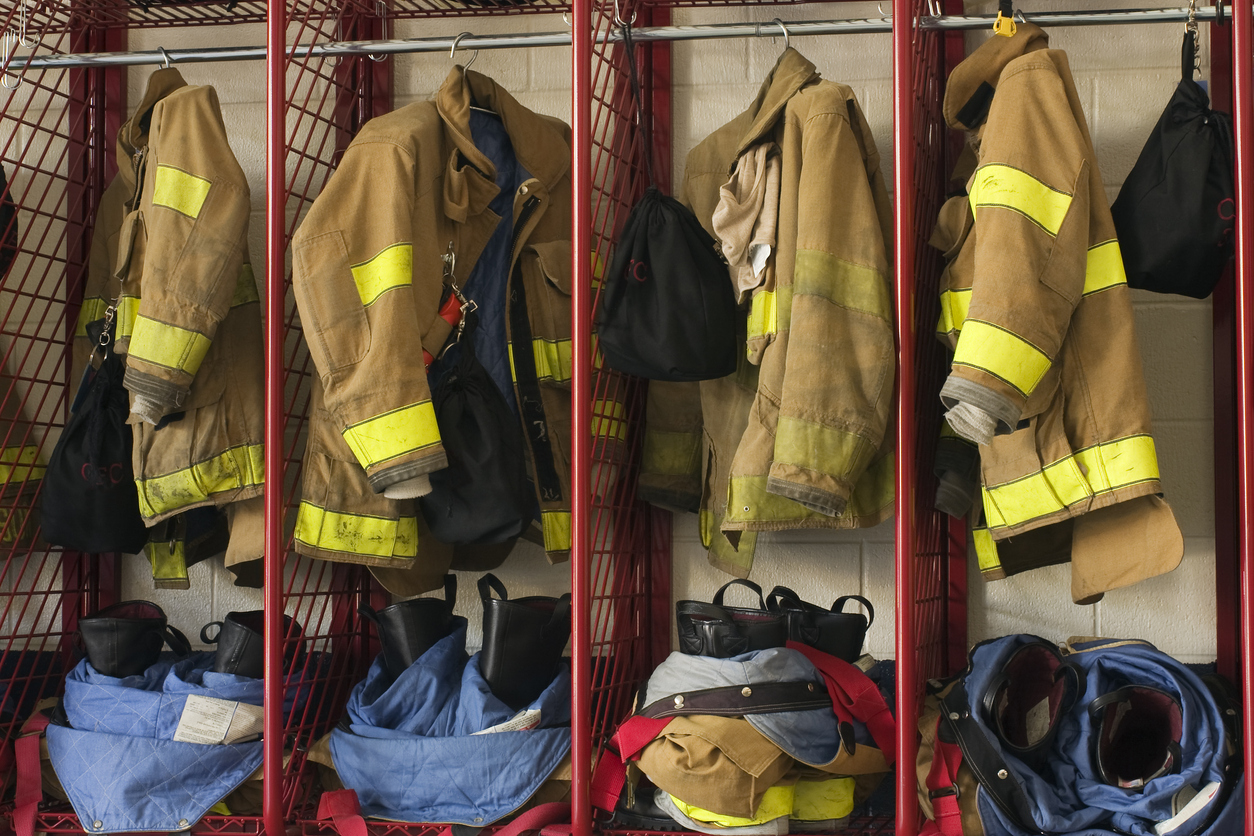
Firefighters face many health hazards on the job. Even inside fire stations, they risk exposure to toxic fumes and materials. Protecting firefighters’ health is vital for their well-being. It also ensures that departments can safely and effectively perform their community role.
Protective measures such as comprehensive insurance are essential. Firefighter health insurance should cover treatment related to occupational illnesses. Health coverage tailored to the risks firefighters face can ensure coverage of conditions that may develop.
Understanding In-Station Pollution Hazards
Fire stations contain a variety of pollutants from the equipment and vehicles housed there. Diesel exhaust from the idling fire trucks and generators is a significant source of fine particulate matter and carcinogens. The diesel fumes permeate the station over time.
Residue can accumulate on surfaces and contaminate the indoor air. Harmful chemicals are also carried back on gear and released into the station after responding to fires. These chemicals include benzene, formaldehyde, asbestos, and other substances released from burning materials.
In addition, fire retardants accumulate on gear and trucks. They often contain endocrine disruptors and other chemicals that can cause thyroid, liver, and kidney problems after prolonged exposure.
Strategies to Protect Firefighters From In-Station Pollution Hazards
A multi-layered approach safeguards firefighters from many health hazards posed by toxic contaminants within fire stations. Effective ventilation systems that actively exchange indoor and outdoor air reduce the buildup of diesel fumes, chemicals off-gassed from equipment and gear, and other particulate matter. Where feasible, departments should also install exhaust capture systems for the trucks and generators.
Thorough cleaning protocols using environmentally friendly products can decrease contamination on surfaces. Equipment and PPE must be properly decontaminated after responses to prevent toxins from returning to the station. Additionally, providing firefighters with respirators and protective equipment while decontaminating, cleaning the station, or maintaining equipment can help lower exposure.
Importance of Firefighter Health Insurance
Firefighter benefits should include comprehensive health plans. Coverage should focus on early detection and prevention of occupational illnesses. Remember that firefighters experience a higher rate of these illnesses than the general population.
Their coverage should also include regular medical evaluations for early diagnosis of cardiopulmonary conditions, certain cancers, hearing loss, and other issues linked to repeated exposure to toxins, heat extremes, and trauma.
Along with routine health maintenance and screening protocols, firefighter insurance should cover therapies and medications to manage chronic and emerging conditions without high out-of-pocket costs.
Comprehensive coverage should also provide wage replacement for lost work time due to exposure-related illness. It assures firefighters that their families can meet financial obligations even when the unexpected occurs.
Mitigating the Risks
Exposing firefighters to these toxic substances operation after operation puts them at higher risk of developing respiratory illnesses, cancer, cardiovascular conditions, and other chronic diseases. Tailored firefighter health insurance covering regular screenings, treatment, and wage replacement protects those who answer the call to protect their communities.
Safe working conditions and comprehensive health plans enable fire departments to uphold their duty to serve while preventing occupational illness in this workforce exposed to extreme environments.
About Provident Fire Plus
At Provident Fire Plus, we offer custom-tailored packages to best protect firefighters and volunteer firefighters. We understand the risks that emergency response teams are subjected to on a daily basis, and have worked to serve these dedicated professionals for over 87 years. For more information about our products and policies, we invite you to contact our experts today at (412) 963-1200.

